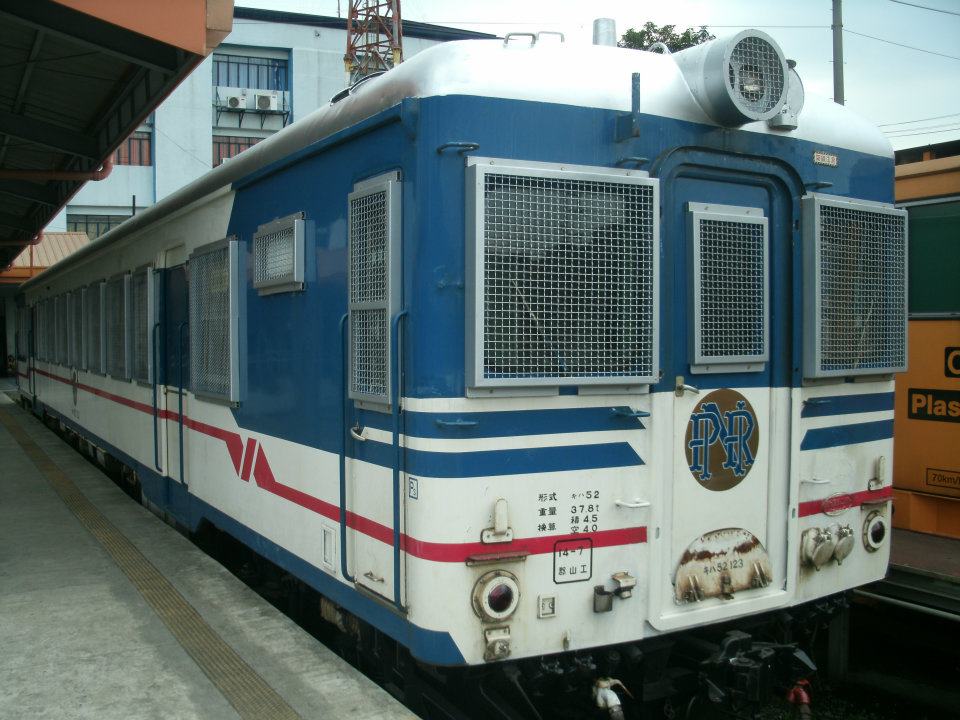Business and Economy
Privatization of PNR gains support at the House of Representatives
MANILA — The proposed privatization of the Philippine National Railways (PNR) to pave way for the rehabilitation, upgrade and efficient maintenance of the country’s mass transit system gains support from the House of Representatives.
Albay Rep. Al Francis Bichara who penned House Bill 4135 seeks to address the transit system’s sorry state.
The commuter train is the most cheapest means of transportation moving people and cargoes to and from his province.
He said House committee on Transportation had calendared the hearing to get collective views and suggestions on how they can improve the commuter train.
The chairman of the House Committee on Foreign Affairs said it is both a fact and common knowledge that the government has failed to maximize the utilization of its railway system due mainly to lack of funds.
“Short of totally neglecting this asset, the government has allowed this transport system to deteriorate to the brink of extinction,” Bichara said in a chance interview.
Bichara who is asking support from his colleagues said that in developed and industrialized countries, such railway systems are constantly upgraded because these are critical component in ensuring continuous development.
According to Bichara, it is faster and more efficient to use trains in transporting people, machinery and products because of their carrying capacity and traffic-less runs between points of destination.
“Imagine if our PNR trains are upgraded and well maintained, commuters and cargo can be transported faster and safer. Time saved translates to productivity while agricultural produce by the bulk can easily be brought from the rural areas to the urban centers both for local consumption as well as export,” Bichara stressed.
Bichara said the government has failed to maximize the country’s export potential also because of the lack of means to transport highly perishable agricultural produce at the fastest possible time.
The veteran solon pointed out that ports can be connected by railways thus cargoes can be transported from the ports to the points of destination faster, thus cutting precious delivery time that is wasted in using slow moving trucks, traffic and truck bans.
Under the measure, the PNR will be sold through public auction after publication of at least twice a week for three weeks in a newspaper of general circulation and after a selection process made by the Privatization Council created under Executive Order 323.
The transfer shall take effect through the execution of a Deed of Assignment by the government agency in charge of PNR in favor of the highest bidder.
Payment for the license to operate the PNR may be made in installments and a Security Bond is executed.
The bill mandates the assignee to update, revise and improve the machinery, processing systems and other materials and equipment used for the proper functioning of the PNR.
Moreover, the assignee is also required to renew his license every year from the time of the assignment.
The premises of the principal office of the PNR shall be subject to regular inspections by the Department of Transportation and Communication and shall make a report after every inspection.
The bill also provides that the assignee shall not impose a fare higher or lower than the standard set for the assignor. Any change in the fare should be approved by the DOTC.






















